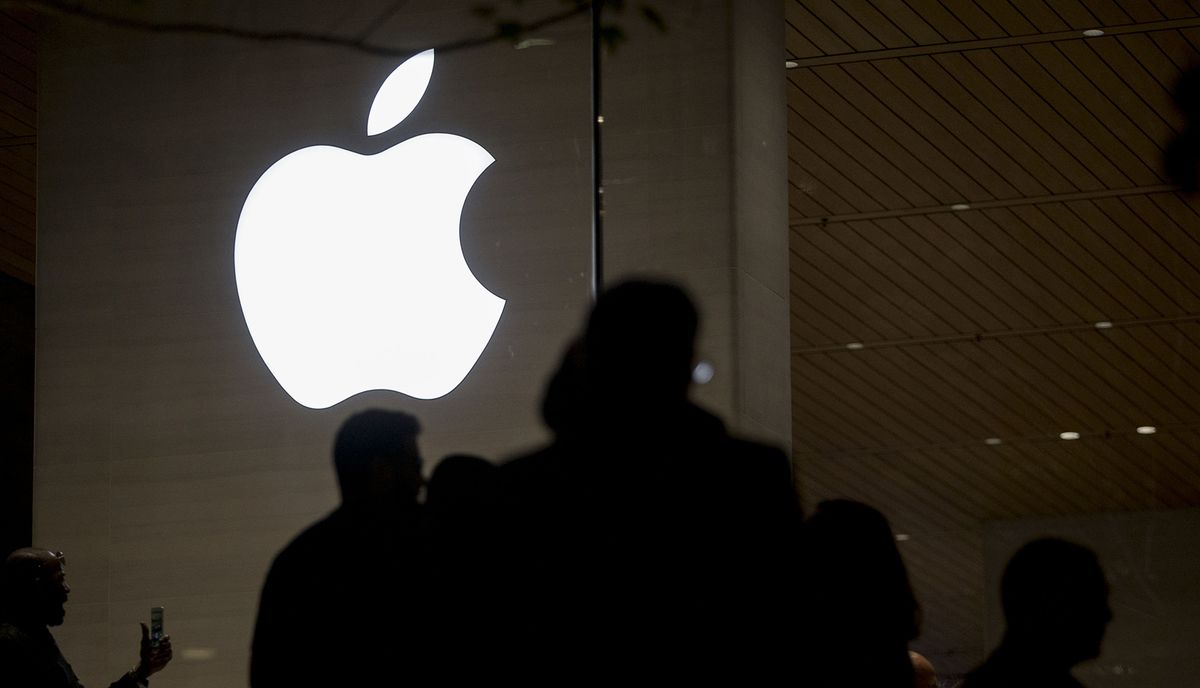The benchmark stock index fell for a seventh straight week, its longest losing streak since 2001, but its drop would be much less dramatic if it weren’t so heavily weighted to mega-cap tech stocks.
Tech’s dominance gives it outsized influence on the index’s performance, and the S&P 500 is a momentum play since stocks with the largest market caps carry the most weight. It was positive for investors on the way up as the high-fliers surged, and now even savvy investors are getting a lesson on how much of an impact a few stocks can have on the way down.
If you left out the five largest tech stocks, the S&P 500 would be down less than it is today. Without the Big 5 in the mix the index would be down 12%.
Amazon, Apple, Meta and Microsoft are some of the mega-cap stocks that make up the index.
You can find the source of the story here.
When the stock market bottomed on March 9, 2009, look back to see how tech has grown. Exxon Mobil Corp., with a market value of $319 billion, was the largest stock in the index, followed by consumer products company Procter & Gamble with a market value of $129 billion.
Apple led the pack with a market value of $3 trillion and a 6.9% share of the S&P 500, followed by Microsoft with a market value of $2.2 trillion and 6.2%. The Big 5 tech stocks made up nearly 25% of the benchmark.
BrightScope
The leading 401(k) retirement savings plans have a greater concentration of technology. The top 10 holdings of the T. Rowe Price Growth Fund as of March 31 were led by Microsoft (11.6%), Amazon (10.9%), Alphabet (10.2%), Apple (8.7%), and Meta. The fund was down more than 30% this year before Friday.
The long bull run has left a lot of popular 401(k) funds stuffed with technology. The heaviest weight was taken by Amazon at 8.2%, followed by Warren Buffet’s company, which can act as a buffer against tech stocks. It isn’t immune to the lure of big tech. Apple was the largest common stock in the stock portfolio at the end of March, accounting for almost 40% of the total market value.
Lu Wang and Katherine Chiglinsky were involved.
